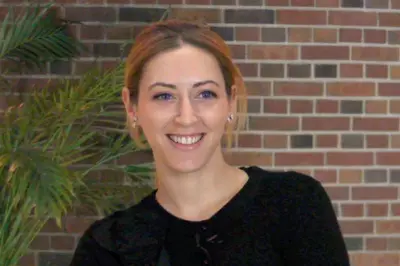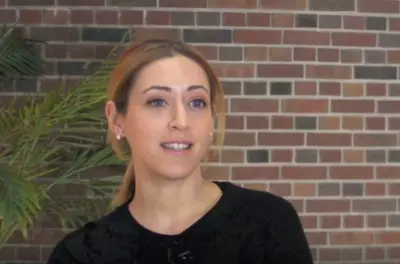The Science of Willpower: An Interview with Kelly McGonigal

When a new exercise routine doesn’t stick or we can’t seem to break a bad habit, most of us will say the same thing: “I couldn’t find the willpower to do it."
It's true that willpower—that force that keeps us moving in the direction of our goals even when it’s unpleasant or difficult—is a necessary part of living a life of wellbeing. A lack of willpower is usually the reason we didn’t get out of bed to go for an early-morning run or why we reached for that free glazed donut in the break room (even though we weren’t hungry).
But low willpower isn’t a unique problem: everyone who tries to incorporate healthier habits in their lives encounters resistance along the way. “Most people feel like willpower failures—in control one moment but overwhelmed and out of control the next,” says Kelly McGonigal in her book, The Willpower Instinct.
McGonigal, a health psychologist who teaches the popular “Science of Willpower” course at Stanford University, has spent years examining the research around self-control. And she has good news for us: there are many things you can do to boost willpower and to help you achieve your goals. Even better, it doesn’t always have to be hard—for example, integrating practices like mindfulness and self-compassion into your life can make those early-morning runs more bearable and help you say no to unhealthy temptations.
Want to learn how to make willpower work for you? Watch this video interview with Kelly McGonigal to learn more.
(For even more tips and exercises, check out her book, The Willpower Instinct: How Self-Control Works, Why It Matters, and What You Can Do to Get More of It.)

Interview with Kelly McGonigal
Interested in a specific topic? Skip ahead in the video to find out….
How Kelly defines willpower (0:14)
The three "powers" of willpower (1:06)
The truth about whether or not you can run out of willpower (3:02)
How to use willpower to create a happy, healthy future (5:10)
Why being self-critical is not going to help (and what to do instead) (7:30)
How mindfulness can improve willpower (9:44)
Tips for using willpower to overcome an addiction to technology (11:34)